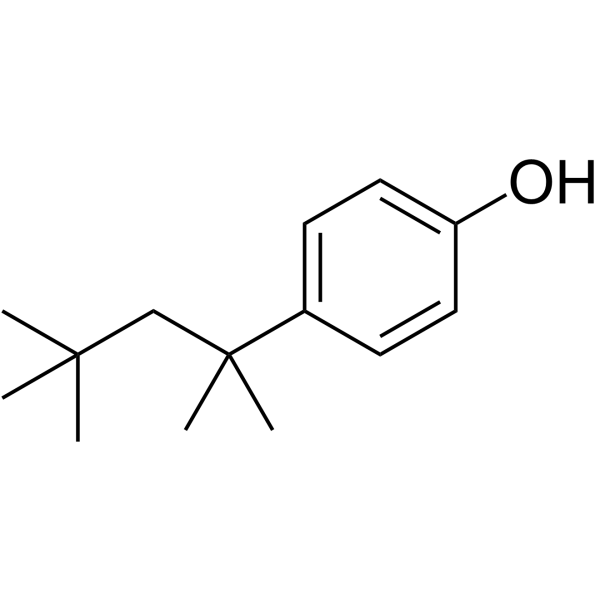Xenoestrogenic chemicals effectively alter sperm functional behavior in mice.
Yoo-Jin Park, El-Sayed A Mohamed, Woo-Sung Kwon, Young-Ah You, Buom-Yong Ryu, Myung-Geol Pang, Yoo-Jin Park, El-Sayed A Mohamed, Woo-Sung Kwon, Young-Ah You, Buom-Yong Ryu, Myung-Geol Pang, Yoo-Jin Park, El-Sayed A. Mohamed, Woo-Sung Kwon, Young-Ah You, Buom-Yong Ryu, Myung-Geol Pang
Index: Reprod. Toxicol. 32(4) , 418-24, (2011)
Full Text: HTML
Abstract
Xenoestrogenic compounds (XCs) can disrupt endogenous hormone function and affect sperm function by binding to receptors on sperm membrane. Albeit spermatozoa are potentially a useful model for screening estrogenic activities of endocrine disruptors, high-quality in vitro test system that examination of the XCs effects on sperm function is required. The objective of this study was to compare the effects of XCs (genistein and 4-tert-octylphenol) to those of steroids (estrogen and progesterone) and heparin on in vitro capacitation and acrosome reaction (AR) in mouse spermatozoa. Mouse spermatozoa were incubated with various concentrations (0.001-100 μM) of each chemical for 15 or 30 min, and then capacitation and AR were assessed using chlortetracycline. All chemicals studied effectively alter capacitation and/or AR in mouse spermatozoa with different manner. Therefore, we believed that our system will provide a good in vitro model system to characterize the physiological effect of XCs especially when compared with steroids.Copyright © 2011 Elsevier Inc. All rights reserved.
Related Compounds
| Structure | Name/CAS No. | Molecular Formula | Articles |
|---|---|---|---|
 |
4-tert-Octylphenol
CAS:140-66-9 |
C14H22O |
|
Effects of Endocrine Disruptor Compounds, Alone or in Combin...
2015-01-01 [PLoS ONE 10 , e0131428, (2015)] |
|
Liquid chromatographic-tandem mass spectrometric method for ...
2014-10-03 [J. Chromatogr. A. 1362 , 75-88, (2014)] |
|
Occurrence and spatial distribution of EDCs and related comp...
2015-01-15 [Sci. Total Environ. 503-504 , 69-86, (2015)] |
|
Differential accumulation levels in the brain of rats expose...
2011-01-01 [Environ. Toxicol. Pharmacol. 31(1) , 198-204, (2011)] |
|
Photocatalytic degradation of 4-tert-octylphenol in a spiral...
2012-01-01 [J. Environ. Sci. (China) 24(9) , 1679-85, (2012)] |